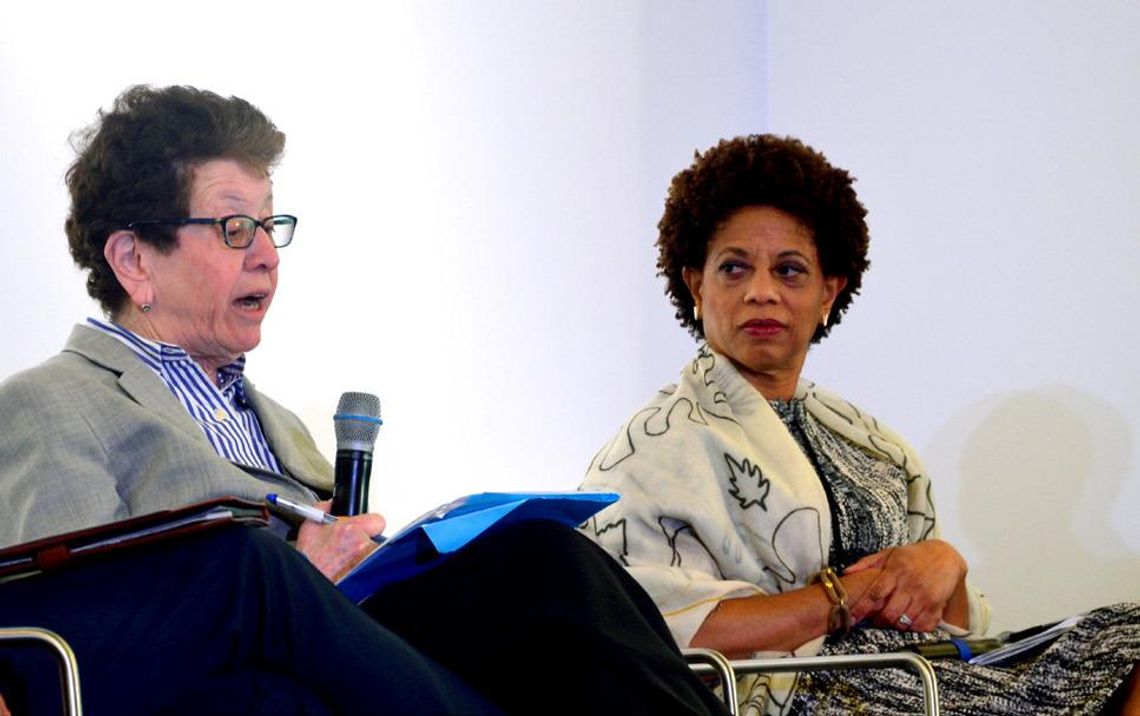A former president and Texas State University student is a beloved topic at his alma mater. The school recently held a panel to discuss the presidency of the late Lyndon Baines Johnson and how it shaped the current culture of the United States of America.
Those on the panel held Wednesday, Nov. 1, all contributed to the book 'LBJ’s America,' and included: LBJ Presidential Library and Museum Director Mark Atwood Lawrence, University of Virginia’s Karsh Institute for Democracy Director Melody Barnes, University of California Santa Barbara Professor of History Laura Kalman and Contributing Editor at Politico Joshua Zeitz.
Texas State University President Kelly Damphousse said that LBJ signed the Higher Education Act at the TXST campus in 1965.









